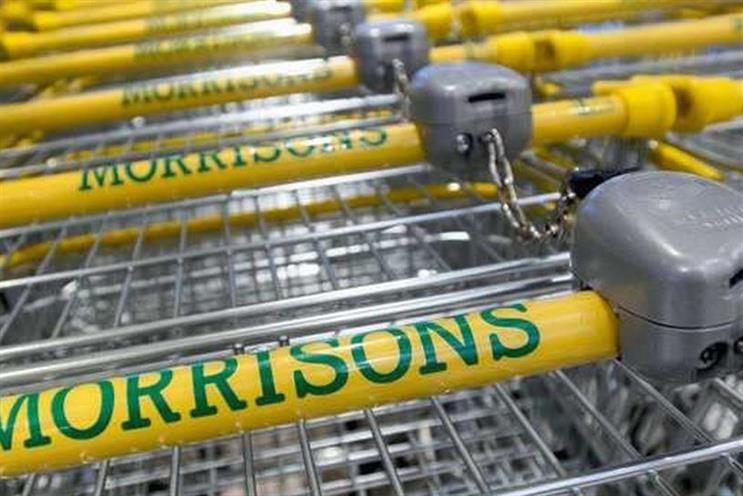A double whammy this week from Morrisons, which announced a new deal with convenience and newsagent chain McColl’s to be its wholesale partner, beating the more likely candidates of Palmer & Harvey and Nisa.
This bold move will see the UK’s fourth biggest grocer supplying an additional 1,650 outlets across the UK, putting it firmly back in the convenience game.
This comes just two years after withdrawing from its previous unsuccessful foray into the sector with the ill-fated MLocal stores.
Not only will Morrisons be the sole provider of McColl's branded goods and fresh foods offer (such as bakery and sandwiches) there will also be the exclusive supply of 400 Safeway own-brand products, resurrecting an almost forgotten retail blast from the past.
It is 12 years since the Morrisons takeover of Safeway saw the name disappear from our high streets. So why this and why now?
First, let’s look at the overall landscape. It isn’t news that grocery retailing is struggling in the UK. There is little growth to be had in the market, prices have been dropping and costs have been rising due to a post-Brexit sterling nosedive, equating to a big profit squeeze.
Add to this a shift in consumer shopping habits, with less out of town visits and more local top-ups and you get the perfect storm. The big grocery chains are finding out that their real estate is no longer fit for purpose; it is time to get creative and think differently if you want to survive.
And that is exactly what Morrisons chief executive Dave Potts has done. After two and a half years in the job, his "fixing the basics" strategy has begun to pay off and now it’s about growth and profit.
Three things stand out about the McColl’s partnership: the channel (convenience), the brand (a Safeway private label) and the supplier (Morrisons).
Convenience is currently the fastest growing sector in grocery retailing. Private label, also in strong growth, now accounts for over 51% of all spend.
Morrisons is the second largest food manufacturer in the UK, with over 17 different processing plants at its disposal. It is clear that Morrisons has stopped trying to be Tesco or Asda and is finally playing to its strengths and this is just the latest in a series of smart strategic moves.
It's a clever win-win, because:
-
Morrisons get a ready-made convenience solution with all of the volume but none of the real estate investment. This is part of what Potts calls a "capital light" strategy.
-
Morrisons leverages its manufacturing capabilities and sweats assets to provide own-brand items and fresh produce.
-
Relaunching the Safeway brand (although in an own-label only format) capitalises on the existing brand associations and equity. Far simpler, quicker and more cost-effective than creating a brand from scratch. Consumers will recognise the brand and minimal investment is required, making it another example of a capital light way to operate.
-
McColl’s benefits from all of the buying power of the Morrisons machine for its branded goods, plus an exclusive own-label brand, at a time when brands are dipping and own label driving growth.
So, although it may seem like a bold move, Morrisons’ expansion into wholesale, private label manufacture and convenience, is in effect a stroke of strategic genius and a real case of making the absolute most of what you have got.
But the rest of the pack are not too far behind. The consolidation of supply and cross-channel hybrids are definitely in vogue.
As Tesco continues to hammer out a deal with Booker and Sainsbury’s is rumoured to be approaching Nisa, the line between the retail and wholesale sections of the grocery business becomes blurred if not erased.
Just when it seemed that grocery was stagnating, it has become a dynamic and exciting landscape all over again.
Kate Jones is a brand consultant and retail watcher


